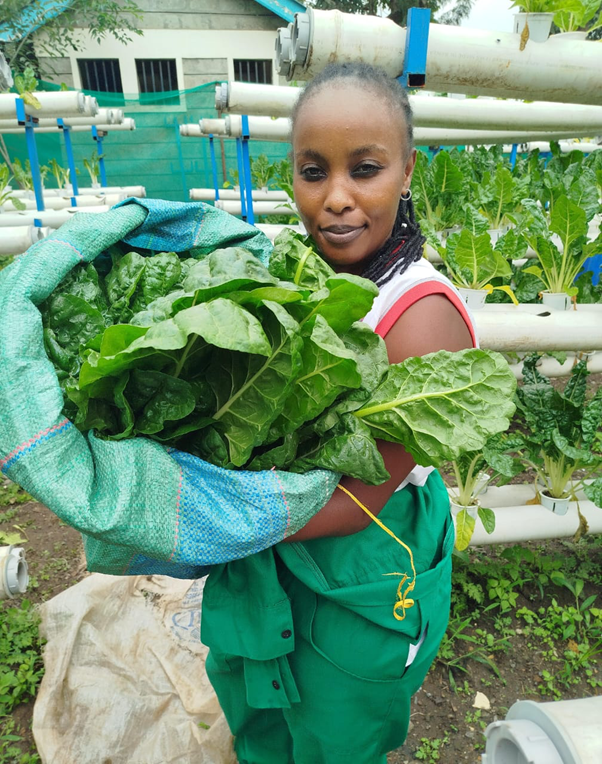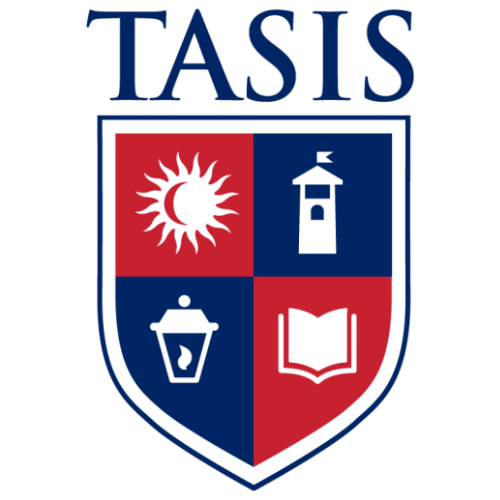By Hollie Nielsen, AWC Central Scotland, and Leslie Janoe, AWC Amsterdam)
This article is a follow-up to April’s Education Team article about the Wageningen University graduate students and their consultation with Awesome Blossoms (AB). The consultation project promoted learning for both the Wageningen students and the Awesome Blossoms team in Nairobi.
 Wageningen University & Research (WUR), one of the world’s top universities, particularly in agriculture, has a Society-Based Education (SBE) Program. It connects society and education at WUR by translating real questions into research projects that students of the university work on within their courses.
Wageningen University & Research (WUR), one of the world’s top universities, particularly in agriculture, has a Society-Based Education (SBE) Program. It connects society and education at WUR by translating real questions into research projects that students of the university work on within their courses.
Within SBE, there is Academic Consultancy Training (ACT), where a transdisciplinary group of Master’s students become consultants for a real-life organization. Teams of 5–8 students are guided by a coach (a professor at WUR).
Two transdisciplinary teams wanted to work with Safe Spaces on reviewing their Awesome Blossoms plan and operations and come up with recommendations for Safe Spaces to consider.
Peninah Musyimi, Executive Director of Safe Spaces, and her team accepted the challenge of working with two teams even though it meant double the effort. They were excited to have the input of so many smart, educated minds. The consulting project lasted from May 13 to July 5, 2024.
The following questions formed a starting point:
- What are the strengths and weaknesses of the current hydroponic farming system? What are suitable systems to fulfill the goals of the Awesome Blossoms project?
- What produce needs to be grown in the farms to provide nutritious food that is relevant to the community while becoming profitable?
- How can the impact of the Awesome Blossoms project on the community be measured?
- What are the limitations and opportunities of the Awesome Blossoms model? What are its vulnerabilities, and how can it be made more resilient?
- What are other possible activities or strategies that would improve the current model?
- How can the Awesome Blossoms model be extrapolated to other low-income communities? How can it be made replicable?
Team A – focused on Agroecology, Antifragility, Knowledge Exchange and Education, and Women’s Entrepreneurship: Their recommendations included installing a pump for each hydroponic reservoir to reduce stagnant water, growing more crops, intercropping by planning complementary crops and making their own biofertilizer. In addition, Team A recommended building a storage space for extra resources, enhancing autonomous decision-making, improving knowledge sharing and boosting the entrepreneurial ecosystem. To increase knowledge exchange, AB could have smaller groups for teaching and utilize online platforms, videos and digital agricultural tools for discussions and enhanced learning. Finally, with respect to Women’s Entrepreneurship, the students recommended organizing a network event, developing a social marketing strategy that would promote shifts in beliefs and related attitudes towards women entrepreneurs, and developing a strategy aiming for a systemic change targeting women entrepreneurs and men in their entrepreneurial ecosystems.
Team B – focused on Social Impact and Environmental Education. They recommended measuring AB’s impact through the Women’s Empowerment Index; AB conducted a Midline Impact Assessment Survey based on this recommendation. In addition, Team B recommended promoting environmental education through improving the daily experience of education, integrating financial and environmental education, and expanding community engagement.
What a comprehensive and constructive set of recommendations, encompassing so many Sustainable Development Goals! Peninah and her Project Manager, Allan Coredo, are evaluating these recommendations with regard to cost, impact and feasibility. Some of the recommendations would be feasible only if Safe Spaces owns land that it can build upon and control. As we can see from this article, the Wageningen University project furthered the education of the university students and resulted in helpful and achievable goals for Awesome Blossoms. Let’s all do what we can to achieve our Target Fundraising goal to allow AB to purchase their own land!
Here’s a link to two slides created by Allan with what he considers the short-term and long-term priorities for AB based on the Wageningen consultations.
Here’s the link to the responses to the survey of the micro-entrepreneurs and Peer Educators.

